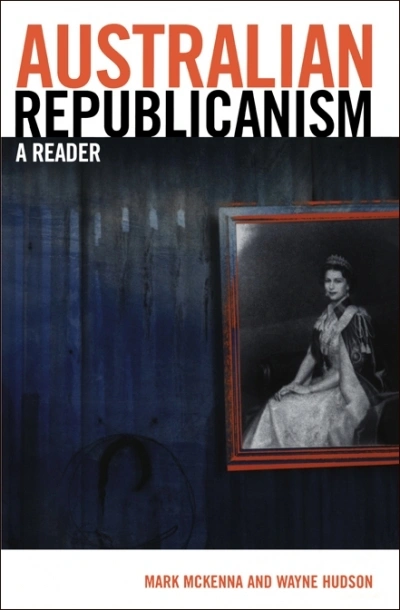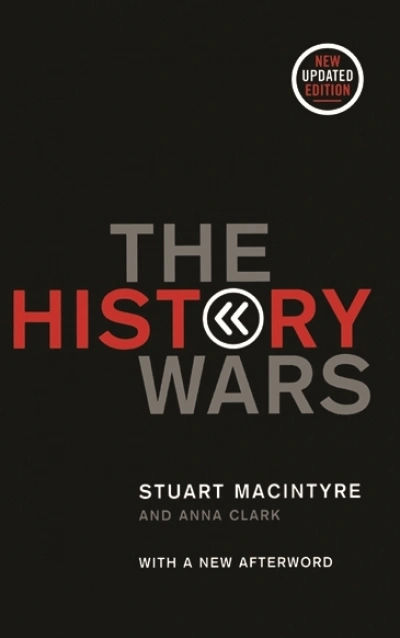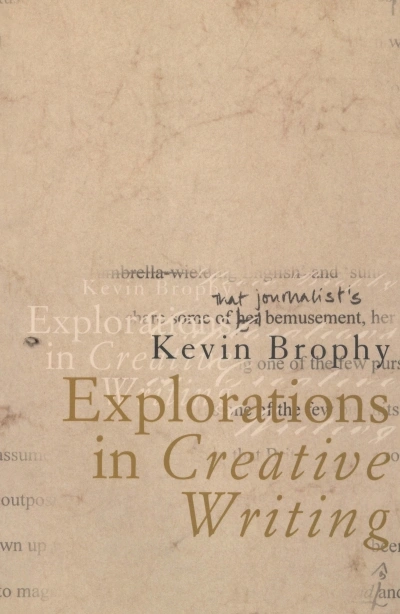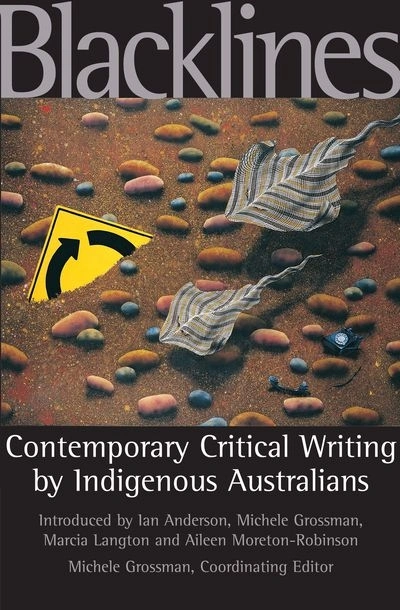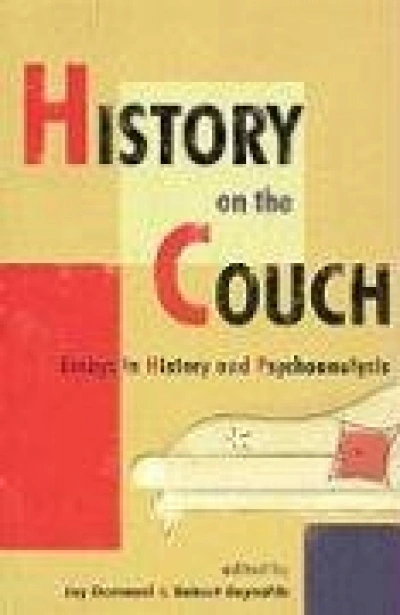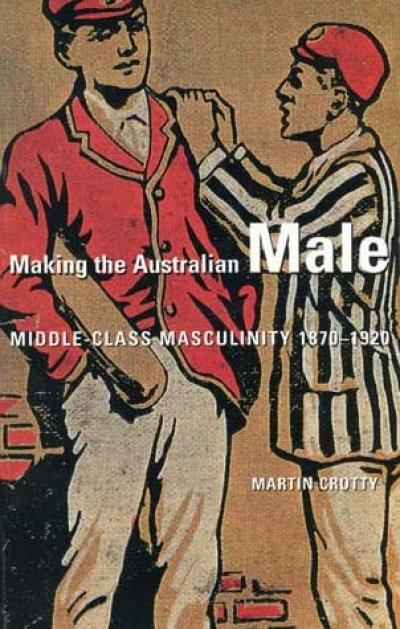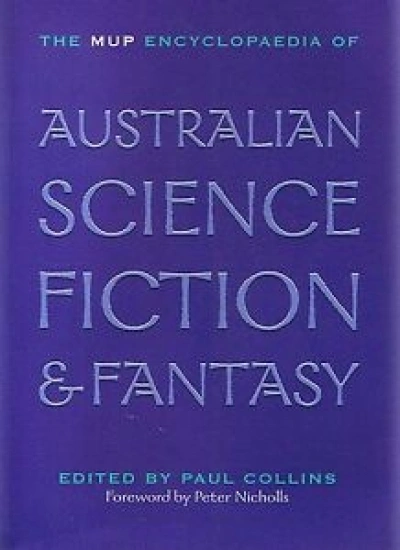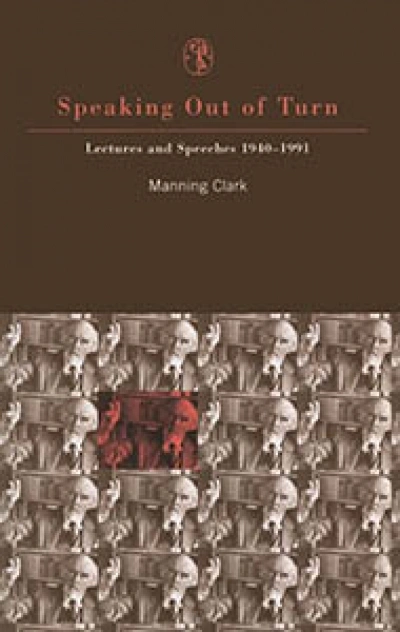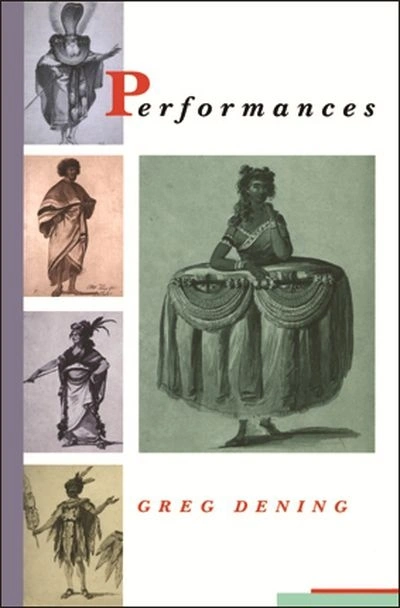Accessibility Tools
- Content scaling 100%
- Font size 100%
- Line height 100%
- Letter spacing 100%
Melbourne University Publishing
Australian Republicanism: A reader by Mark McKenna and Wayne Hudson
by Guy Rundle •
The History Wars by Stuart Macintyre and Anna Clark & Whitewash edited by Robert Manne
by Tony Birch •
Blacklines: Contemporary critical writing by Indigenous Australians by Michele Grossman et al.
by Bruce Sims •
History on the Couch: Essays in History and Psychoanalysis edited by Joy Damousi and Robert Reynolds
by Dolly MacKinnon •
Paul Kane reviews ‘The Poetry of Les Murray’ edited by Laurie Hergenhan and Bruce Clunies Ross, ‘Les Murray’ by Steven Matthews, and ‘Poems the Size of Photographs’ by Les Murray
by Paul Kane •
You might expect a book of eighty-eight new poems by Les Murray to be sizeable (most of his recent single volumes run to about sixty poems each). But Poems the Size of Photographs is literally a small book, composed of short poems (‘though some are longer’, says the back cover) ...
... (read more)Making the Australian Male: Middle-class masculinity 1870–1920 by Martin Crotty
by John Rickard •
The MUP Encyclopaedia of Australian Science Fiction & Fantasy edited by Paul Collins
by Damien Broderick •
Speaking Out of Turn: Lectures and speeches, 1940–1991 by Manning Clark
by Michael Cathcart •

